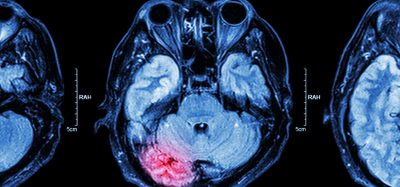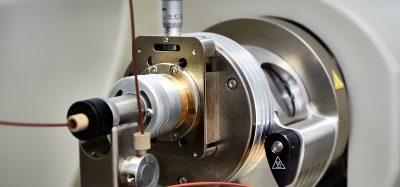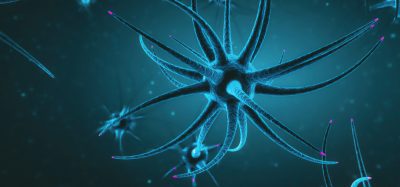Identifying the biomedical potential of bivalves
Posted: 31 January 2019 | Iqra Farooq (Drug Target Review) | No comments yet
Shellfish, such as oysters, could help to revolutionise human health research by providing insights in cancer therapies and bacterial immunity…


Researchers have been studying shellfish, such as oysters and mussels, which may have the potential to revolutionise human health research. These creature could help researchers investigate bone regeneration and aid pharmaceutical development.
“Model systems like mice and flies have been invaluable to biology, but there is no such thing as a model system that can answer all the important questions,” said Dr José Fernández Robledo, Senior Research Scientist at Bigelow Laboratory for Ocean Sciences and lead author on the paper. “There is a lot of potential for bivalve research to offer unique insights into new solutions.”
Just like in humans, bivalves are affected by viruses and bacteria, and are able to fight them without the use of antibiotics. They also contract cancer, but are able to cure themselves without antibodies, or treatment.
Biomarkers are redefining how precision therapies are discovered, validated and delivered.
This exclusive expert-led report reveals how leading teams are using biomarker science to drive faster insights, cleaner data and more targeted treatments – from discovery to diagnostics.
Inside the report:
- How leading organisations are reshaping strategy with biomarker-led approaches
- Better tools for real-time decision-making – turning complex data into faster insights
- Global standardisation and assay sensitivity – what it takes to scale across networks
Discover how biomarker science is addressing the biggest hurdles in drug discovery, translational research and precision medicine – access your free copy today
“Clams don’t have chemotherapy or radiation, and somehow they are able to get rid of cancer,” said Dr Fernández Robledo. “How on earth do they do it? Their strategy can give us clues about how to fight cancer in humans.”
By studying immunity in bivalves, researchers hope to gain an understanding on how they identify alternatives for antibiotics, possibly by mimicking the antimicrobial compounds that are produced by the mussels.
“Sometimes you find incredible new things when you start comparing different organisms,” said Dr Fernández Robledo. “I believe we will find things here that will translate into discoveries for humans.”
The research team is currently looking at the molecular tools needed to probe bivalve genomes for anything they can provide to help advance disease research. Researchers have recently sequenced the 28,027 gene long genome of oysters, but do not know what most of these genes actually do.
“Oysters are more than good to eat,” Dr Fernández Robledo said. “This research will allow us to unlock their potential as a model system that helps us innovate and improve human health.”
The study was published in the journal Developmental and Comparative Immunology.
Related topics
Disease Research, Drug Discovery, Research & Development
Related organisations
Bigelow Laboratory for Ocean Sciences
Related people
Dr José Fernández Robledo








